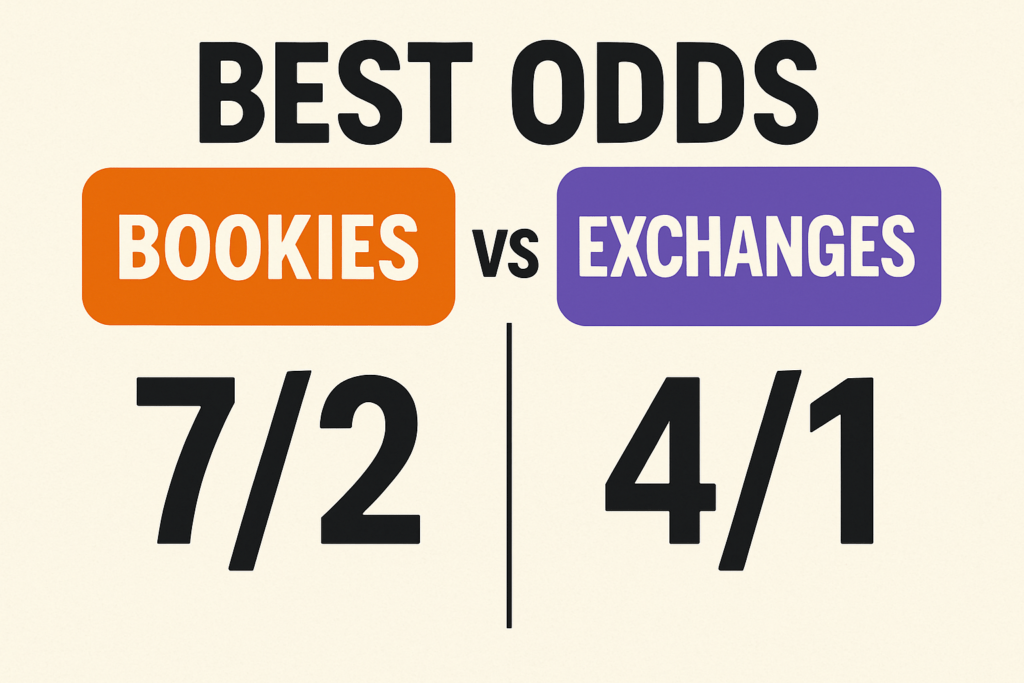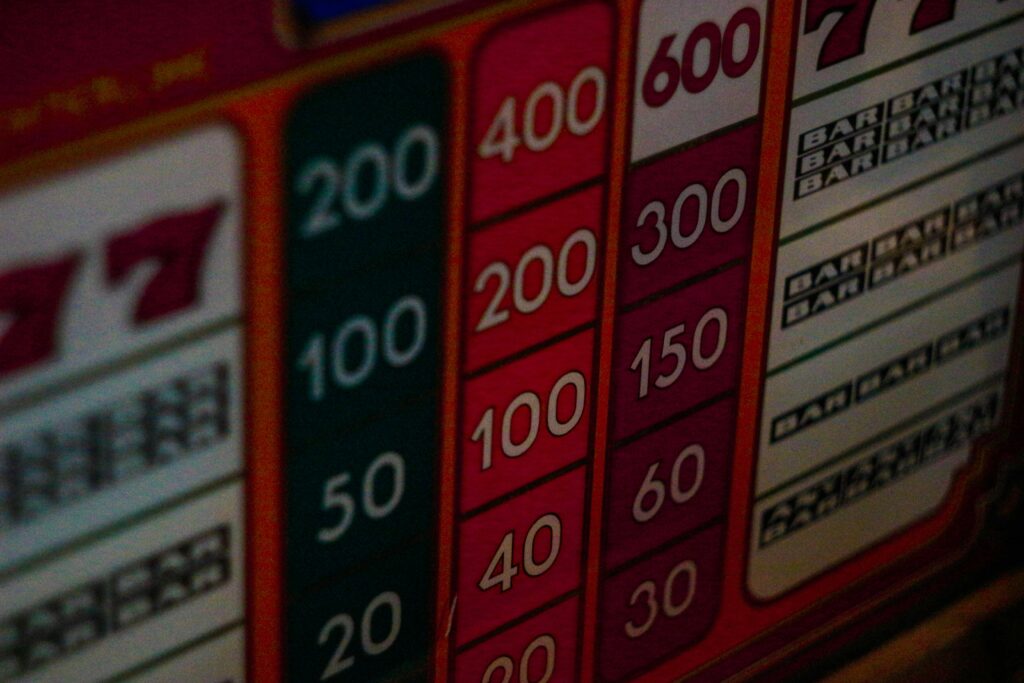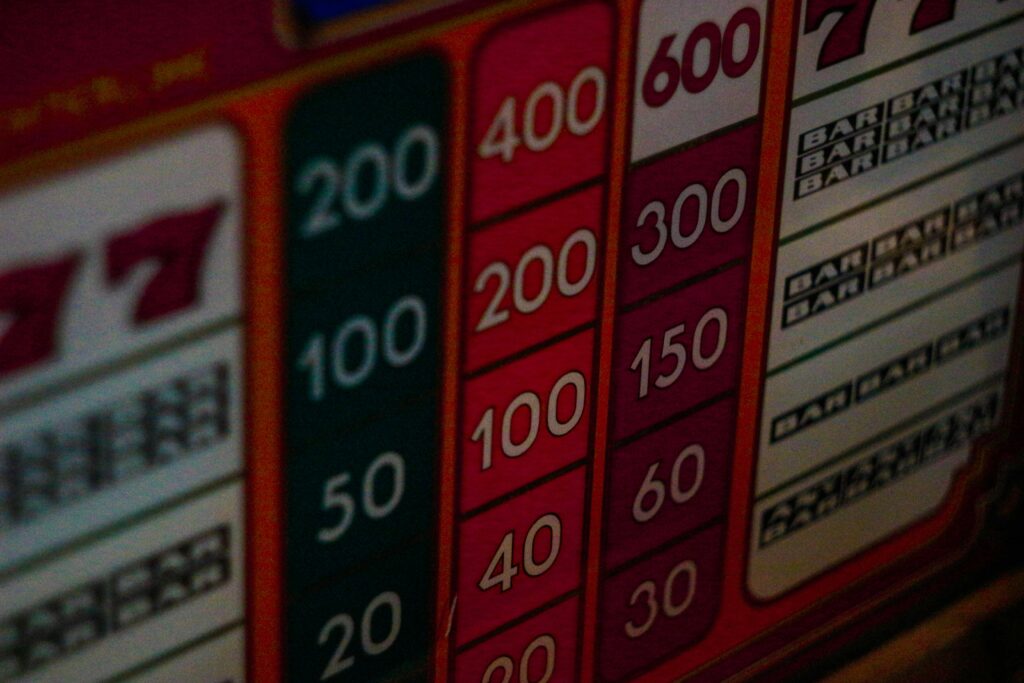Bookies vs Exchanges: Finding the Best Odds
- Quick look: why odds matter, what’s at stake for punters in 2025.
- Primary keyword upfront: best odds bookies vs exchanges.
- Lay out what’s covered—definitions, real-world comparisons, smart value-hunting strategies.
Bookies vs Exchanges: Finding the Best Odds
Odds aren’t just numbers on the screen—they’re the difference between walking away with a win or just missing out. In 2025, with more punters than ever sharpening their game, nailing the best odds bookies vs exchanges debate is crucial. Here’s the hard truth: over time, even a half-point difference in odds separates those who profit and those who don’t. Whether you’re a weekend punter after an extra pint’s worth, or you’re aiming for serious green, knowing the odds landscape is step one.
This article breaks it down from first principles—no jargon, just the essentials. We’ll define what bookies and betting exchanges really are (and aren’t), run through real-world examples so you can see the gaps for yourself, and then arm you with practical tools and strategies for sniffing out value wherever it hides. In short: if you want to stop leaving money on the table, get ready to switch up your odds game.
What’s the Difference? Bookies vs Betting Exchanges in Plain English
Let’s keep this simple. Bookies—your old-school bookmakers—set the odds themselves. Their traders crunch the numbers, add their margin (the “overround”), and publish the prices. If you like what you see, you take their odds. No negotiation. No haggling. If the odds shift, it’s usually because the bookie is balancing risk or reacting to new info.
Betting exchanges flip the script. Instead of betting against the bookie, you’re matched with other punters. The platform acts as middleman, pairing up folks who want to back (bet for) and lay (bet against) an outcome. Exchanges don’t set the odds—users do, by offering prices they’re willing to take. The exchange’s profit comes from a commission on winnings, not from building in a margin.
What’s the real difference between odds? With bookies, you’re often getting convenience—instant bets, familiar promos, easier cash-outs. The odds may not be razor-sharp, but you get simplicity and, sometimes, generous sign-up deals or boosts. With exchanges, odds tend to be a bit “truer”—closer to market value, especially for popular events with lots of liquidity. You get flexibility to set your own prices or “lay” bets, but the catch is you’ll pay commission, and things get thin for niche markets.
In short:
Bookies—good for ease, bonuses, and straightforward betting.
Exchanges—better for flexibility, sharper pricing, and “lay” options, especially if you’re chasing the absolute best odds.
Pick your poison, or (more realistically) use both.
Odds Comparison: Where to Find Best Value
Let’s dig in right where the rubber meets the road: where to find best value, bookies or exchanges? The quickest way to answer is by looking at real odds in real markets.
Take a Premier League Saturday. Want to back Arsenal at home? Bookies like Bet365 or William Hill might offer them at 1.70. Jump to an exchange like Betfair, and—if the match has strong liquidity—you might find 1.74, minus a small commission (say, 2-5%). Over the course of a season, that difference stacks up.
Tennis is even punchier. Pre-match, bookie odds and exchange odds might look near-identical for big Grand Slam matches. But closer to start time, as more users pile into the exchange, odds often shift higher. You might see a standard bookie at 1.90 and the exchange touch 1.98 or even 2.00 if there’s a lot of activity and confidence in the market.
Same goes for horse racing—bookie odds can appear competitive in the morning, especially during “best odds guaranteed” promos, but exchanges dominate closer to the off when the real money comes in. However, if you’re betting on a random midweek race at a small track and exchange liquidity is weak, the bookie could easily have the best price.
Timing matters. Odds on exchanges move fast, especially in the hour before a match or race, as late news or big punters swing prices. Bookies, in contrast, may shift more slowly unless there’s lots of cash flooding in. That’s why the “beat the closing line” mentality—snagging odds before they settle at market consensus—is crucial no matter where you bet.
Bottom line: For popular sports and big markets, exchanges regularly offer sharper value if you don’t mind a commission and the hassle of waiting for your bet to match. For quieter spots and juicy promos, bookies can still shine. If you truly want to know where to find best value on any bet, nothing beats checking both, and using an odds comparison tool every time (see using odds comparison tools to enhance predictions for an easy walkthrough). The smart punter hunts—not hopes—for the best price.
Getting the Most from Your Odds: Practical Tips
If you’re after the best odds, sitting still never works. Get used to bouncing between bookies and exchanges—that’s where the smart money lives. Why? Because no one single place offers the top price all the time. Bookies might whip out a flash promo. Exchanges can edge ahead when liquidity’s strong. Mixing it up is how most value-hunters quietly win.
Start by paying attention to commission on exchanges. That “better” price doesn’t mean much if the 5% cut eats your edge. Stack it up against the bookie’s offer—the raw odds, any boosted prices, plus withdrawal fees if they’re stingy. Never take the headline number at face value.
Price sensitivity really matters in volatile markets (think: late football goals, big racing festivals). Odds move fast. That’s your cue to shop around using comparison tools—jump in when the gap’s worth it. “Buying odds effectively” is as much about timing as it is about price. If a bookie lags on news, take their odds. If the exchange’s liquidity spikes, trade there instead.
Want to test strategies without burning cash? Use small stakes. It lets you probe different markets, spot outliers, and size up “overround”—the hidden bookie margin. Exchanges often slice this thinner, especially in competitive mainstream sports. But sometimes, bookies hungry for action will undercut just to woo punters. Don’t get sentimental—chase numbers, not brands.
Bottom line: Treat your betting account like a toolkit. Odds aren’t loyal, and neither should you be. Shop, compare, and pounce when the value shifts. That’s how you stretch your edge.
Case Study: Real-World Odds Showdown
Let’s get hands-on. Say you want to bet on a Saturday Premier League match—Arsenal vs Spurs. You’re eyeing the Arsenal win. Here’s what a quick scan looks like at 10am, morning of match day:
- Big-name bookie: Arsenal 1.90
- Betting exchange: Best available back odds 2.02 (but after 2% commission, about 1.98 in your pocket)
Straight away, exchanges flex their muscles. If you’re betting £100, that’s £8 extra profit for the same risk—serious cash over a season. But don’t ignore bookies just yet. Scroll down and you’ll see Arsenal “boosted” to 2.05 as a promo—only for the first £20, but still an edge if you play it smart.
Margins matter. Bookies price in their profit—called “overround”—built into every market, slicing your long-term returns. Exchanges take a commission from win-only, which, especially for liquid markets, keeps margins thinner and odds hotter. The catch? That liquidity can dry up for less popular matches or odd markets, leaving you stuck with worse prices or even unmatched bets.
Lay options (betting on something not happening) add flexibility unique to exchanges. Got cold feet on your Arsenal punt? You can lay off—lock in profit or cut losses—something bookies rarely offer. Then there’s cash-out: both sides push it hard. Bookies advertise it, but their algorithms skim off more profit. Exchanges let the market set your deal—sometimes better, sometimes not.
In practice, it pays to cherry-pick. Use bookie promos for short-term value (especially on favorites), hunt raw exchange prices when liquidity is strong or you want to back the outsider. Blend both and you’re miles ahead of the punter who sticks to just one. In 2025, smart money knows flexibility isn’t just a buzzword—it’s the difference between donors and winners.
External Deep Dive & Future of Odds
If you zoom out, the last decade in sports betting has been all about the rise of exchanges. What started as a niche for high-stakes sharps and trading nerds is now mainstream. Exchanges (think Betfair, Smarkets) bring something bookies just can’t: a dynamic, peer-driven market where odds are set by relentless competition, not a risk manager in a suit. This has forced traditional bookies to up their game, sharpening their odds, piling on promos, and rolling out cash-out to try to keep up.
Innovations aren’t slowing down. We’re seeing algorithm-driven odds compilation, instant exchange markets on mobile, and cross-platform odds comparison tools that weren’t even imagined ten years ago. For seasoned bettors, all this means more power at your fingertips. You can price-shop in seconds, use advanced calculators to strip out value, and even automate your action with trading bots.
What’s next? Market insiders expect exchanges to grow, especially as global regulation gets friendlier. Micro-betting (wagers on every serve, every play), crowd-sourced pricing, and maybe even blockchain betting are on the horizon. The best in the game today aren’t loyal to a single bookie or exchange—they exploit both, sniffing out inefficiencies, bouncing between platforms, and moving fast when odds swing. Tomorrow’s sharp will be even more mobile, data-savvy, and ruthless about bagging best price.
To get under the hood, check out Betfair’s guide to exchanges vs bookies. Whether you’re just getting started or gearing up for the next odds revolution, reading widely and staying agile is the edge that matters.
Conclusion: Sharper, Smarter Betting
Odds always matter. Chasing the “best” price—whether it pops up at a bookie or on an exchange—can mean the difference between profit and nearly winning. In 2025, you don’t win by loyalty, but by flexibility: surfing between bookie promos and exchange value, using each where they shine.
Here’s the lesson: there’s no single right answer. Sometimes the sharpest edge is a flash promo from a bookie. Other days, it’s the raw, narrow margin of a live exchange market. The pros use both, jumping between markets and squeezing extra value every time they play.
Don’t just take odds at face value—compare, test, adapt. Use small stakes to scout, learn when lines break in your favor, and develop the habit of “shopping around” until it’s second nature. Betting isn’t just about instinct; it’s discipline and smart hustle. No magic formula—just grounded habits. Flex your options, be ruthless about value, and you’ll stay steps ahead.



